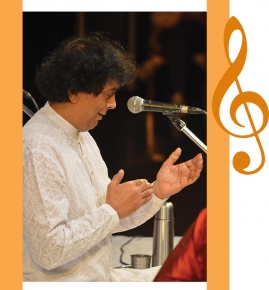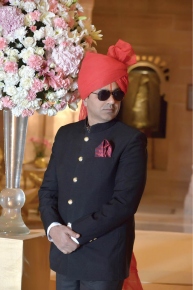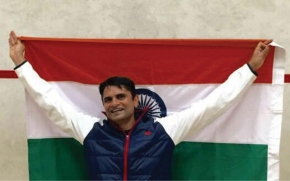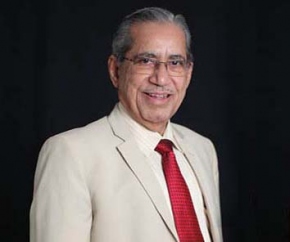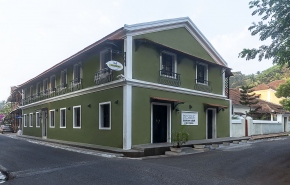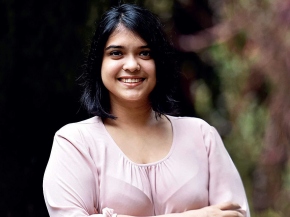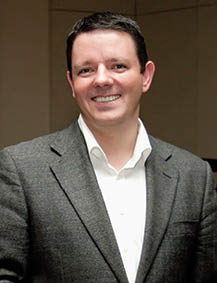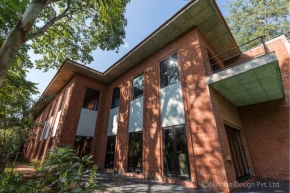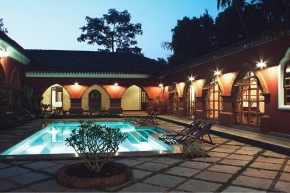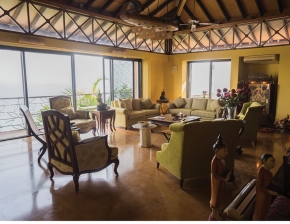- Axis Mutual Fund launches Axis Global Innovation Fund of Fund
- IHCL EXPANDS amã STAYS & TRAILS PORTFOLIO IN GOA
- Ending Period Taboo
- Scheme Snafu
- Equal Future
- Transcending Stereotypes
- Reboot for 2021- Refreshed & renewed with Jiva spa @ Taj, Goa
- Cottonfab 2021 at Kala Akademy
- Lockdown Dairy: Fests & Zatras remembered
- Aby Jose
Lover of Wine and Song
Ace percussionist Trilok Gurtu, based in Germany, shares his unlimited creativity between making music and cooking food
It takes a visitor to show us the gems we have. So when Canadian progressive-house music phenomenon deadmau5 (Joel Zimmerman) said Trilok Gurtu was his hero, a mass of 20-somethings in India suddenly sat up and slapped their foreheads.
Gurtu, 63, may have been born in Mumbai, but his mother Hindustani classical singer Shobha Gurtu was Goan. It was she who encouraged him to learn the tabla, which he studied under Bangaldeshi Baul musician Shah Abdul Karim. In his 20s, he took an interest in the western drum kit and poured himself into jazz, going on to become one of the most versatile percussionists India has produced.
Over the years, he has played with American jazz alto saxophonist Charlie Mariano, Danish free jazz saxophonist John Tchicai, Norwegian guitarist Terje Rypdal, American jazz trumpeter Don Cherry, Swiss drummer Charly Antolini and others. He had interesting collaborations with English guitarist John McLaughlin, and featured in tabla maestro Zakir Hussain’s band Tabla Beat Science which played a mix of Hindustani music, Asian underground, ambient, drum and bass, and electronica.
His unusual style involves playing without a drum stool, half-kneeling, and a mix of tablas and western drums. Gurtu’s signature style also includes dipping cymbals and strings of shells into a bucket of water to create a shimmering effect.His love for creativity extends to the kitchen as well, featuring in top German food and wine magazine Der Feinschmecker as a gourmet chef. Gurtu delves into all that makes him who he is…
What do you like most about Goa and is there anything you’d like to change?
I like the place itself and the people, who at one time were very simple and loving. And the language of course. I am half-Goan, so the language spoken at home was Konkani-Marathi and top-end Hindi since my father is a Kashmiri Pandit. I like the food in Goa too.
Of course I do see a change in Goa, but I hope it’s for the best. I can’t change anything, I have to change myself and accept it. Just like the Goans and people living there, I have to keep the culture alive. As you know in the past, great musicians and singers like my mother came from Goa.
Read the full
article in 'Viva Goa' magazine copy.
Viva Goa
magazine is now on stands. Available at all major book stalls and supermarkets
in Goa.

